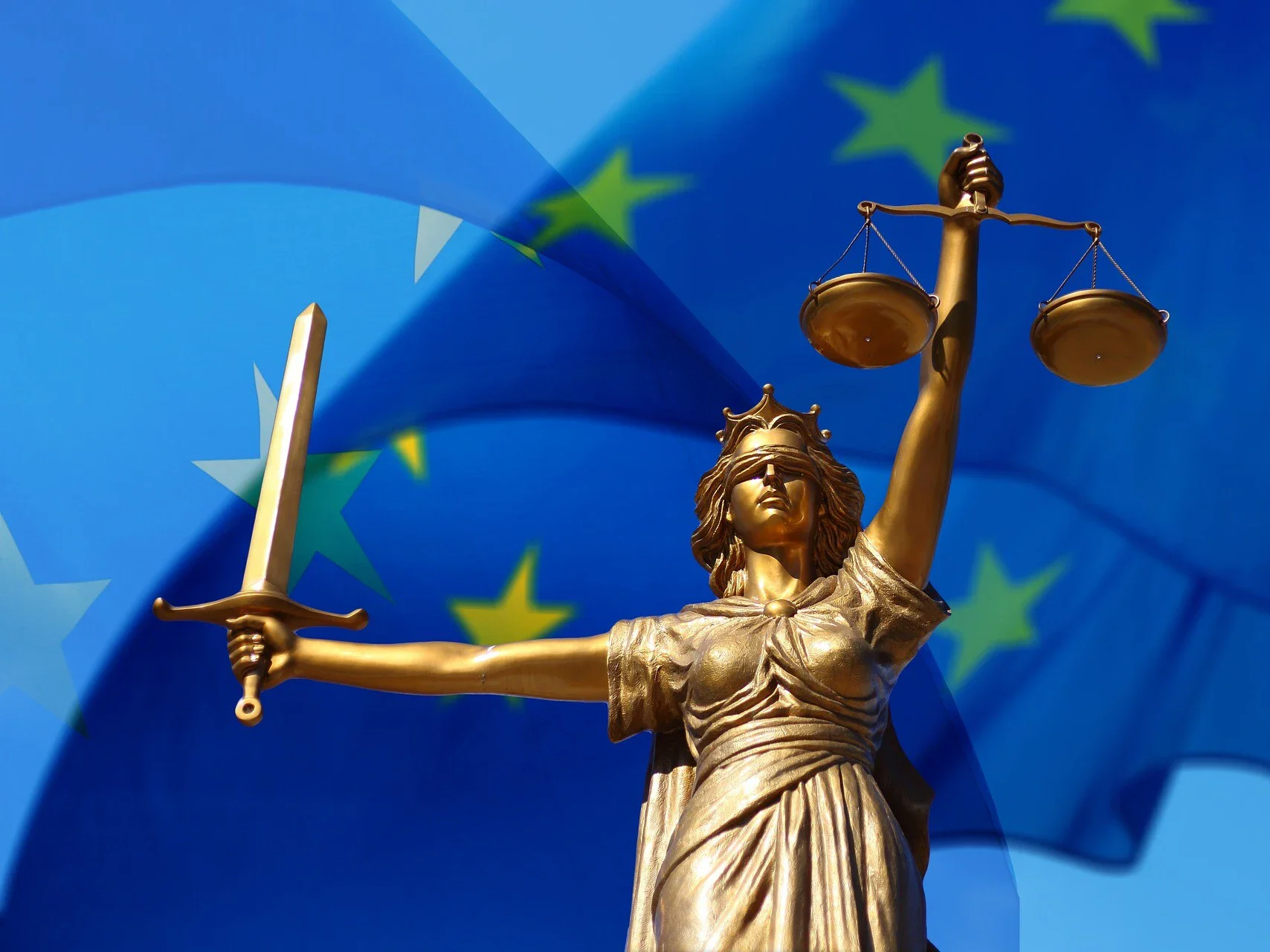General Product Safety Regulation (GPSR)
What does the new regulation say?
For whom is the topic relevant?
What do I have to consider?

What is the General Product Safety Regulation (GPSR)?
The General Product Safety Regulation (GPSR) has been in force since December 13, 2024. Its aim is to ensure that all products traded within the EU single market meet uniformly high safety standards. The GPSR places particular emphasis on comprehensive consumer protection, especially with regard to new technologies, trade via online marketplaces and globalized supply chains.
Product Safety Regulation
Short & compact
- The regulation is aimed at retailers, manufacturers and importers.
- It introduces new requirements, particularly with regard to information obligations and risk assessment.
- The regulation applies to all consumer products, regardless of whether they are traded in the B2B or B2C sector.
- The aim is to establish a uniform safety standard for products that are not yet covered by specific EU safety regulations.
- Products that are already regulated are also subject to the requirements of the regulation.
When did the GPSR come into force?
The safety aspects were previously regulated by Directive 2001/95/EC, which was implemented in Germany in the Product Safety Act (ProdSG). However, as a regulation, the GPSR applies directly in all EU member states without having to be transposed into national law. It was published in May 2023 and has been in force since December 13, 2024 following the 18-month transition phase.
Who is affected by the Product Safety Regulation?
The Product Safety Regulation concerns various economic operators who are responsible for product safety. They are all legal or natural persons established in the Union. These include
- Manufacturers who design, manufacture or market products under their own name.
- Authorized representatives who are mandated in writing by the manufacturer to assume the manufacturer's obligations.
- Importers who place products on the market from non-EU countries.
- Distributors who offer products for sale.
- Fulfilment service providers who take on at least two tasks such as storage, packing, addressing or shipping without being the owner of the products.
Online retailers are affected by the regulations - regardless of whether they manufacture the products themselves. According to the GPSR, retailers who sell products under their own name or brand name or influence their safety through modifications are also considered manufacturers.
A rough classification of whether you are affected?
You are affected, for example, if:
- You sell consumer products.
- Your products are offered in Germany or throughout the EU.
- You sell second-hand goods.
- You are a manufacturer.
You are not affected if:
- You trade exclusively in the following products: human and veterinary medicinal products, food, animal feed, live plants and animals, animal by-products and derived products, plant protection products, means of transport, aircraft or antiques.
General obligations for retailers, manufacturers and other stakeholders
- Retailers must ensure that manufacturers comply with the requirements of the regulation. They are responsible for storing and transporting goods safely, not selling unsafe products, taking corrective action in the event of risks and informing other stakeholders of emerging hazards.
- Manufacturers are obliged to prepare a risk analysis for their products. This analysis is documented in the form of technical documentation, kept for at least ten years and updated regularly.
- The EU Commission can introduce a traceability system for products with a high risk for consumers. Companies selling such products must use this system to identify the product, its components and the actors involved.
- Accident reporting: Manufacturers are obliged to report accidents caused by their products. Retailers and importers must inform the manufacturer if they become aware of such an accident.
- Operators of online marketplaces: also have new obligations. Check your stores carefully to ensure that you meet all requirements.
Assessment criteria, recalls and sanctions
- The risks of a product are assessed on the basis of various criteria: These include the product itself, its package, its use together with other products and the target group of consumers.
- If a product is unsafe, a recall is carried out. Retailers must offer affected customers two of three options: a repair, a replacement or an appropriate refund.
- The penalties for violating the regulation are determined by the EU member states. They had to report these to the EU Commission by December 13, 2024.
Action plan for your web store or e-commerce solution:
- The manufacturer based in the EU must be stated for each item. This includes the company or brand name, the postal address and the electronic contact address.
- If the manufacturer is based outside the EU, both the manufacturer's details (company or brand name, postal address, electronic contact address) and those of the importer or authorized representative based in the EU must be provided.
- Each offer must contain a product image that clearly shows the item.
- The item must be described by a clear product description.
- There must be a clear marking for product identification , such as a batch, serial or article number.
- Warnings and safety information must be included in the product description in a language that is easy for consumers to understand. If none are required, this must also be ensured.
All information must be presented clearly and visibly. Links are not permitted.
Additional obligations for online retailers selling products in the EU
Product safety
- Products must be safe, even if no specific EU regulations such as CE marking apply.
- Product safety covers physical, chemical, electrical and digital risks, including cybersecurity.
Conformity assessment
- Retailers are obliged to ensure that the manufacturer has checked the conformity of the product.
- Instructions for use and safety warnings must be provided in a language that consumers can understand.
Traceability
- Retailers must:
- Know the manufacturer (or importer) and have their contact details.
- Provide products with unique identifiers such as serial or batch numbers.
- Document their suppliers and purchases.
Dealing with unsafe products
- Recall management:
- Retailers must provide procedures for recalling unsafe products.
- Clear communication to customers in the event of a recall is required.
- Notification to authorities:
- Unsafe products must be reported to the relevant market surveillance authorities within two days.
Online marketplaces
- When selling via platforms such as Amazon or eBay:
- Online marketplaces are subject to stricter requirements by the GPSR and may be obliged to remove unsafe products or suppliers.
- Retailers must ensure that their products comply with the rules before they are available online.
Responsible party in the EU
- For all products manufactured outside the EU, a responsible person based in the EU, such as an importer or authorized representative, must be appointed.
Disclaimer...
This blog article is for general information purposes only and does not constitute legal advice. For legal questions or individual advice, please contact a qualified specialist lawyer.




